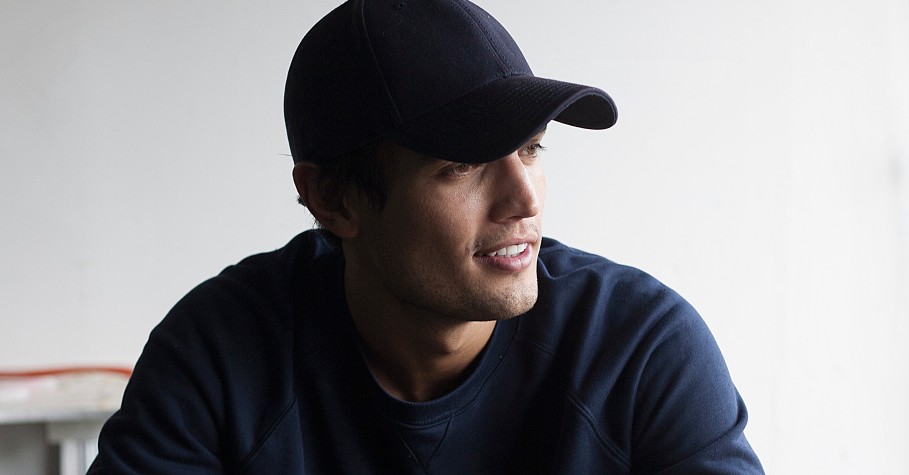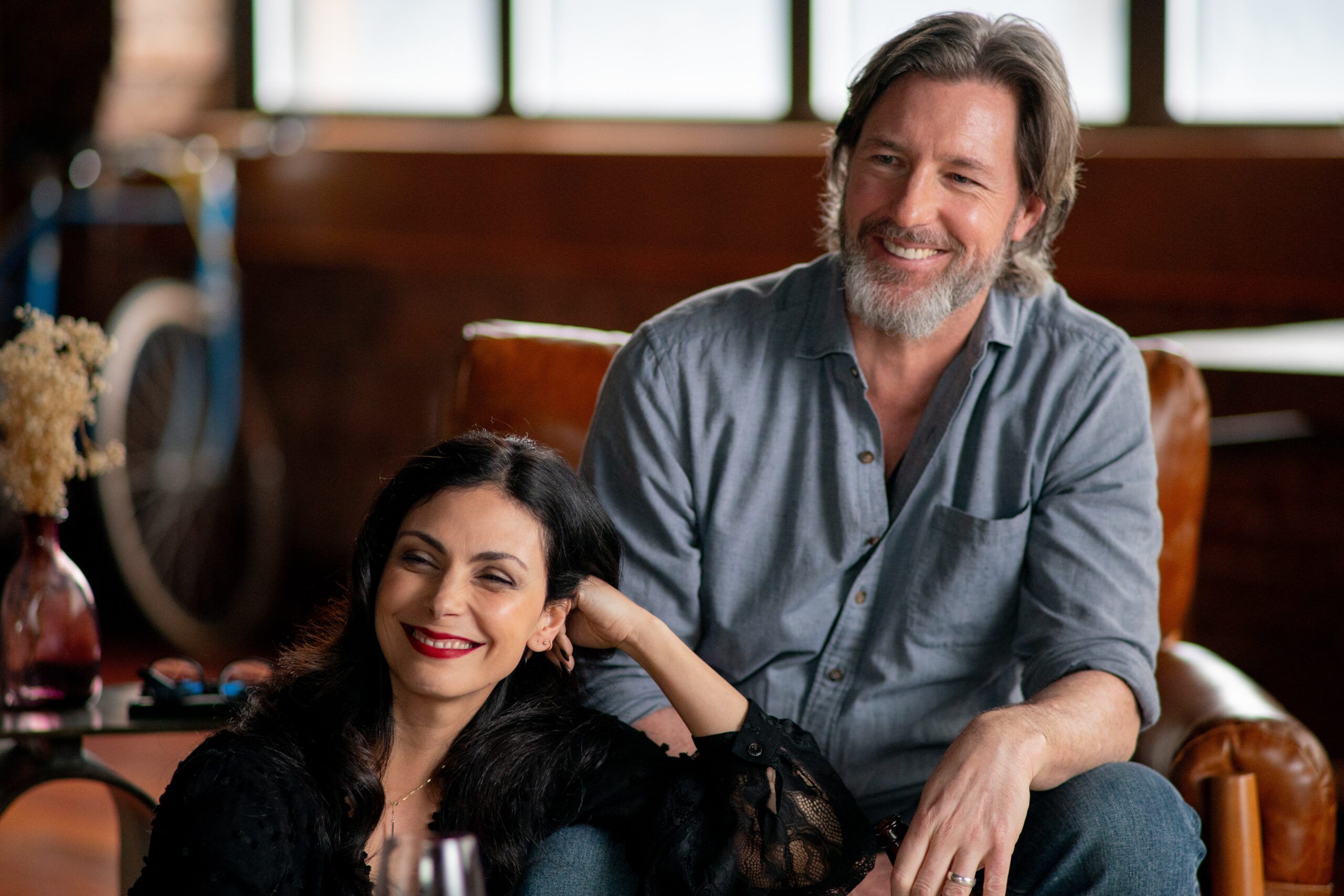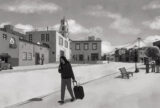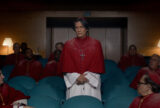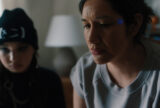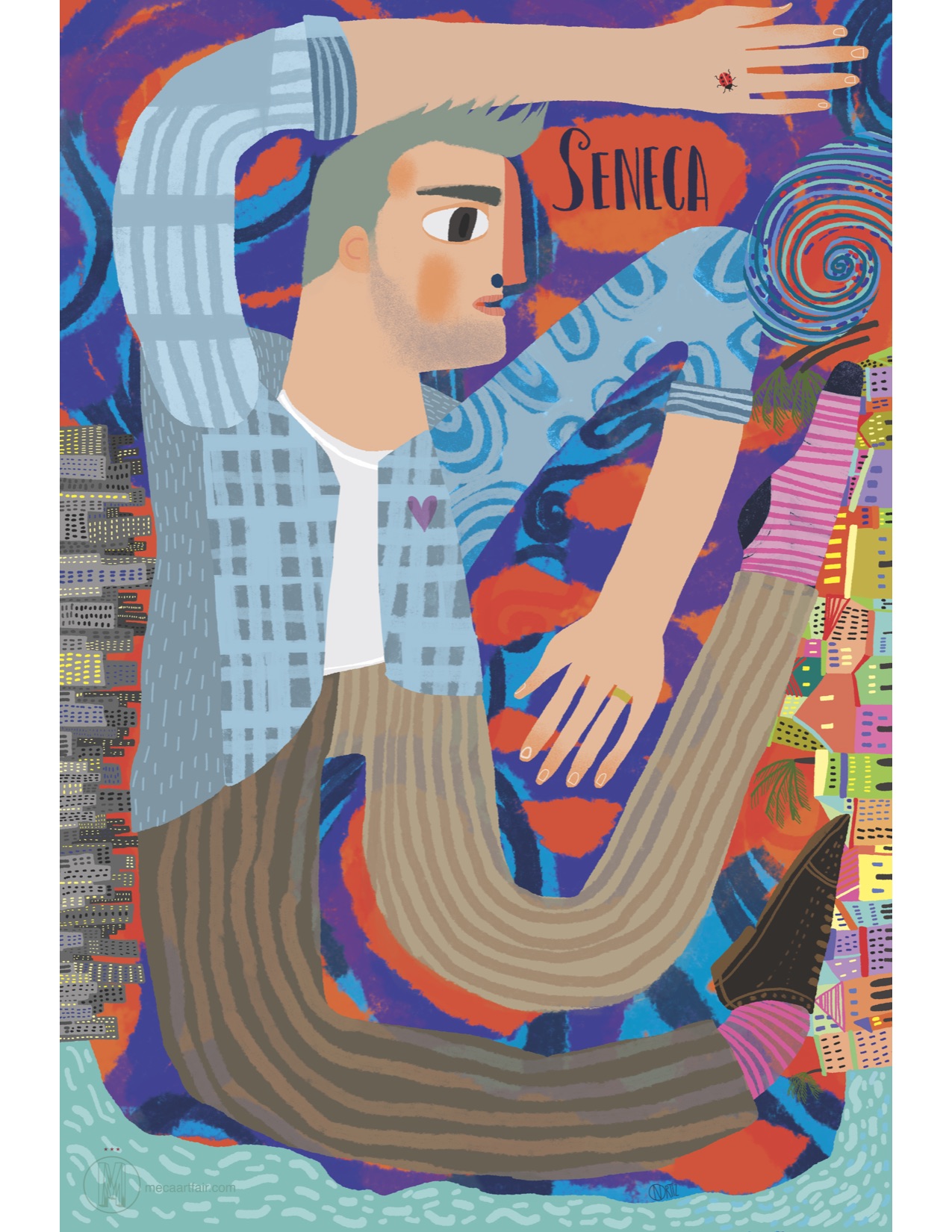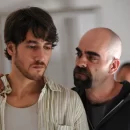07.8.2013 | By Juan Doe |
*Updated November 2025
With profound style, this proof of concept trailer for Koyakatsi from filmmaker Ayoub Qanir will surely generate a lot of interest from Hollywood. Be sure to keep his name handy because in a couple of years he’ll be directing your next favorite movie.
ShowBizCafe Interview with Ayoub Qanir
By: Juan Doe
Koyakatsi: All your “Intelligence” are belong to us.
Replete with eye popping visuals and a sense of elegant austerity, the story of Koyakatsi brings to the forefront the unnerving questions of a world where our artificial creations have outgrown our human usefulness. And although subjects that pit man against science gone awry in a dystopian setting are nothing new to cinema, the emergence of media disrupting technology driven by artificial intelligence creates a need for more sophisticated narratives that merge these subjects for an increasingly technophile audience. With the release of the 3rd trailer for Koyakatsi we convened with Ayoub to probe deeper into his story and his thoughts on media consumption and the responsibility of the filmmaker in the current age of technologically driven disruption.
(1) Can you share with us an overview of Koyakatsi and how the tenets of science and knowledge helped craft the thematic aspects of the movie?
We like to think of Koyakatsi as a disruptive telling of science fiction. We wanted to approach the concept against the grain and tell a story that was most relevant and faithful to science advocates and logic. So, about two years ago, I started working on a script based on a research theory I had been developing for the past four years, the breaking point and inception of Artificial Intelligence. It was very important to me that the concept had a solid foundation in real and accurate technological advancements, mostly grounded in scientific breakthroughs as well as current and ongoing research and studies in the fields of bio computing, information technology and integrated circuitry. Additionally, all of our concept designs and robotics are accurately based on several robot models in development by the US military, as is the case with our robot cheetah and nano robot spiders, both ongoing DARPA programs.
(2) As a culture, we have reached a point where the confluences of science and art have been largely responsible for the upgrade in the communications lifestyle that drives the current paradigm of human engagement. How do you see this intricate level of communication influencing the way we create and consume cinema and entertainment?
Worldwide media consumers, also known as audiences, have gained a grand level of science consciousness. Today’s ever so evolving media playground is changing very fast. We process more information today than ever before, thanks in large part to all of our mobile devices and online data and news dissemination mechanisms. Therefore, it became apparent and natural that audiences, consumers, have gained greater awareness of science and relevance.
And, in a way, it became the disseminators’ (suppliers’) responsibility to be more focused and current with their information proposals. The movie realm is no exception. Films today are expected to be sharp and accurate when it comes to the kind of information they portray. Today’s audience is not forgiving, and I personally do not think they should be. It is our responsibility as artists to share focused and up to date information value.
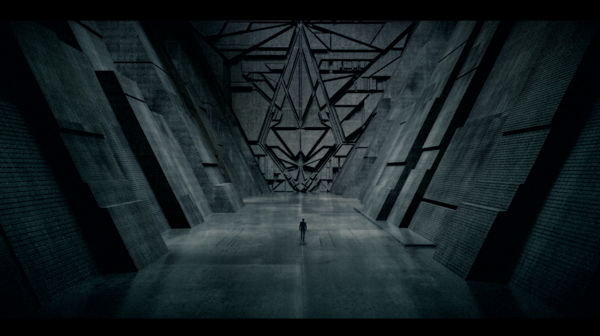
A scene from “Koyakatsi”
(3) In an era of unprecedented social interaction and an access to knowledge that was previously unimaginable, how important do you see the curation and filtering of knowledge in order to maximize the information for creating more effective narratives?
It has become imperative to filter and supervise all information we share because we all hold the responsibility to tell the truth, as film makers, journalists or individuals holding a mobile device while an event of any kind is taking shape in front of us. Truth is the new essence. I see all individuals as constant curators and filters of information.
In today’s socio sphere, our Twitter handles, Pinterest grids and Digg accounts, we all have the relevance and power to spark and curate dialogue. Ergo, today’s narrative has evolved and the timeline is no longer linear. A story can be ignited on Facebook, branch out into an article on The Huffington Post, transcend into a best selling book then be adapted into a film.
We have always been intensely hungry for daily consumption of information as part of our human instinct. Today, the newly democratized responsibility of dissemination has landed in every citizen’s fingertips. From YouTube’s power of video re editing to Vimeo’s riveting shorts and six second video format, recently launched through the newly emerged Vine, today’s narrative is transcending into several novel and revolutionary forms. Stories today are anything we are gripped by and we feel are worth our synthesizing.
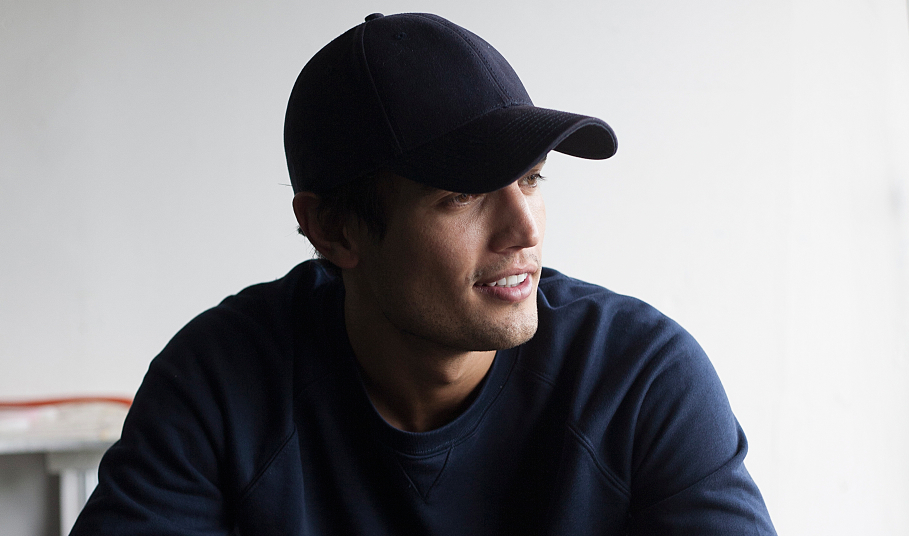
Filmmaker Ayoub Qanir
(4) You mentioned how you were working on a different model for making these films. Can you elaborate a bit about the way you’re pushing forward with this new format?
I feel it is any film maker’s responsibilities to deliver his craft to an audience willing to consume. Today’s audience is young, online and most of the time on their mobile devices. Whether we are transiting on a bus, metro or in a plane, our attention span is becoming more acute, focused and intensely short. We must organize and provide content worth the audience’s time. The value is in the message and stimuli the viewer walks away with, whether we are talking about a six second humorous video or a gripping two hour film. They all fill a certain range of content and it becomes our duty to curate and synthesize our narrative to a specific format we are interested in providing.
The audiences evolve, and we must evolve with them. Thorough filmmakers will always offer new ways of thinking. Not all of it will work or stick, but the key is to keep creating.
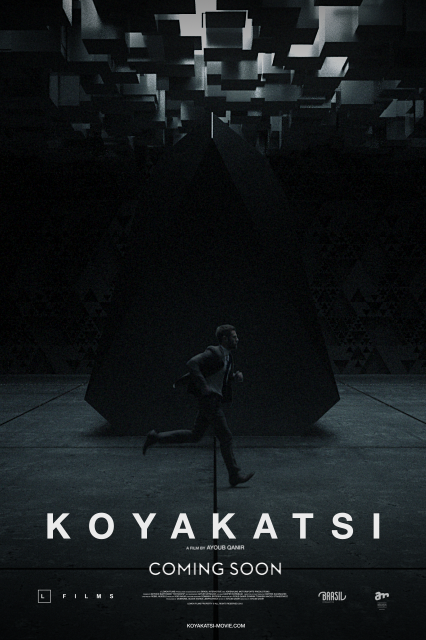
Koyakatsi Poster
Ayoub Qanir is a film writer director, industrial designer and science advocate currently attending a graduate program in nanotechnology at Harvard University.
For more movie interviews, visit our interview section!
Comments
-
July 14, 2013
Jackie HernandezGreat note!

